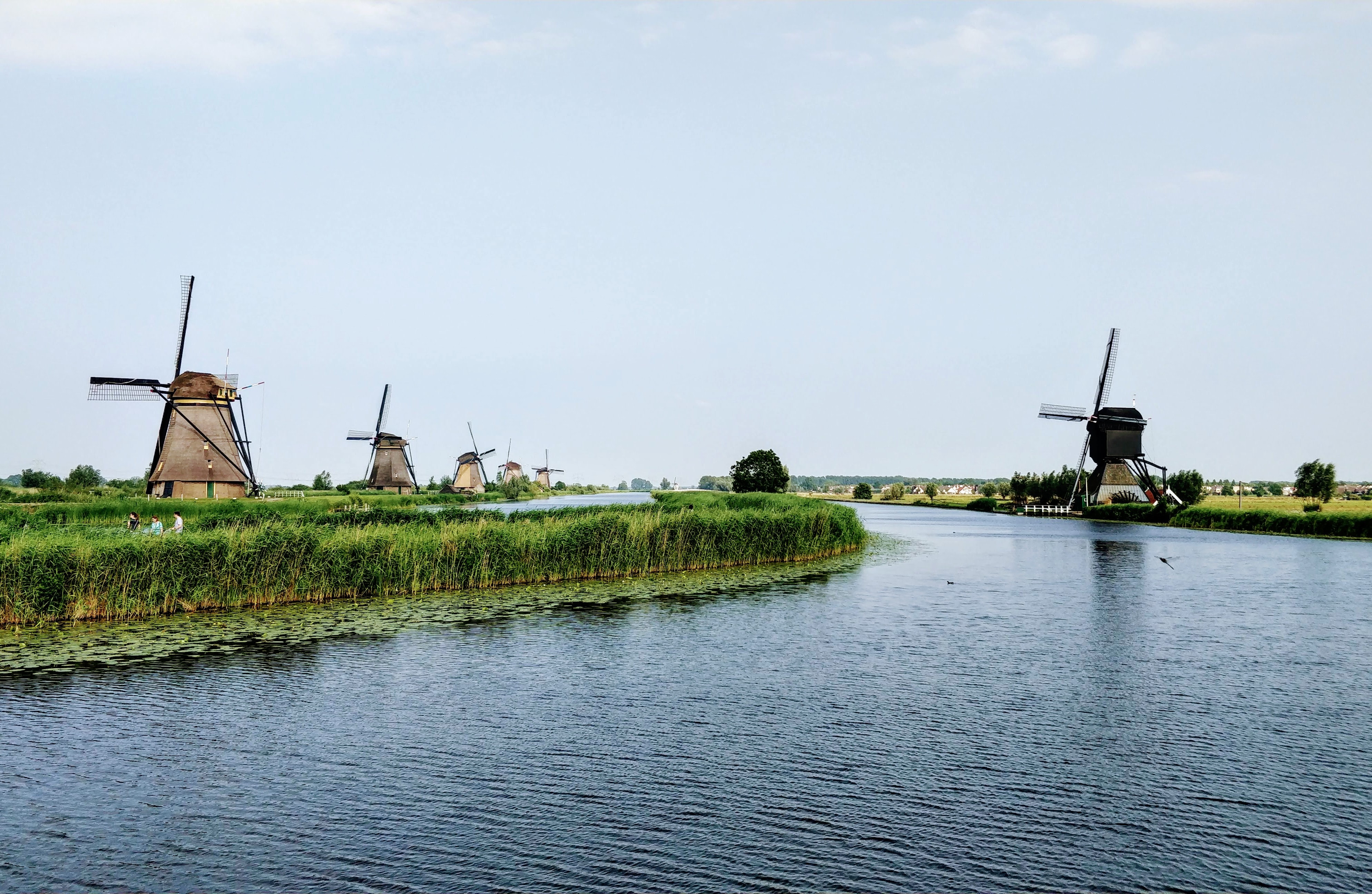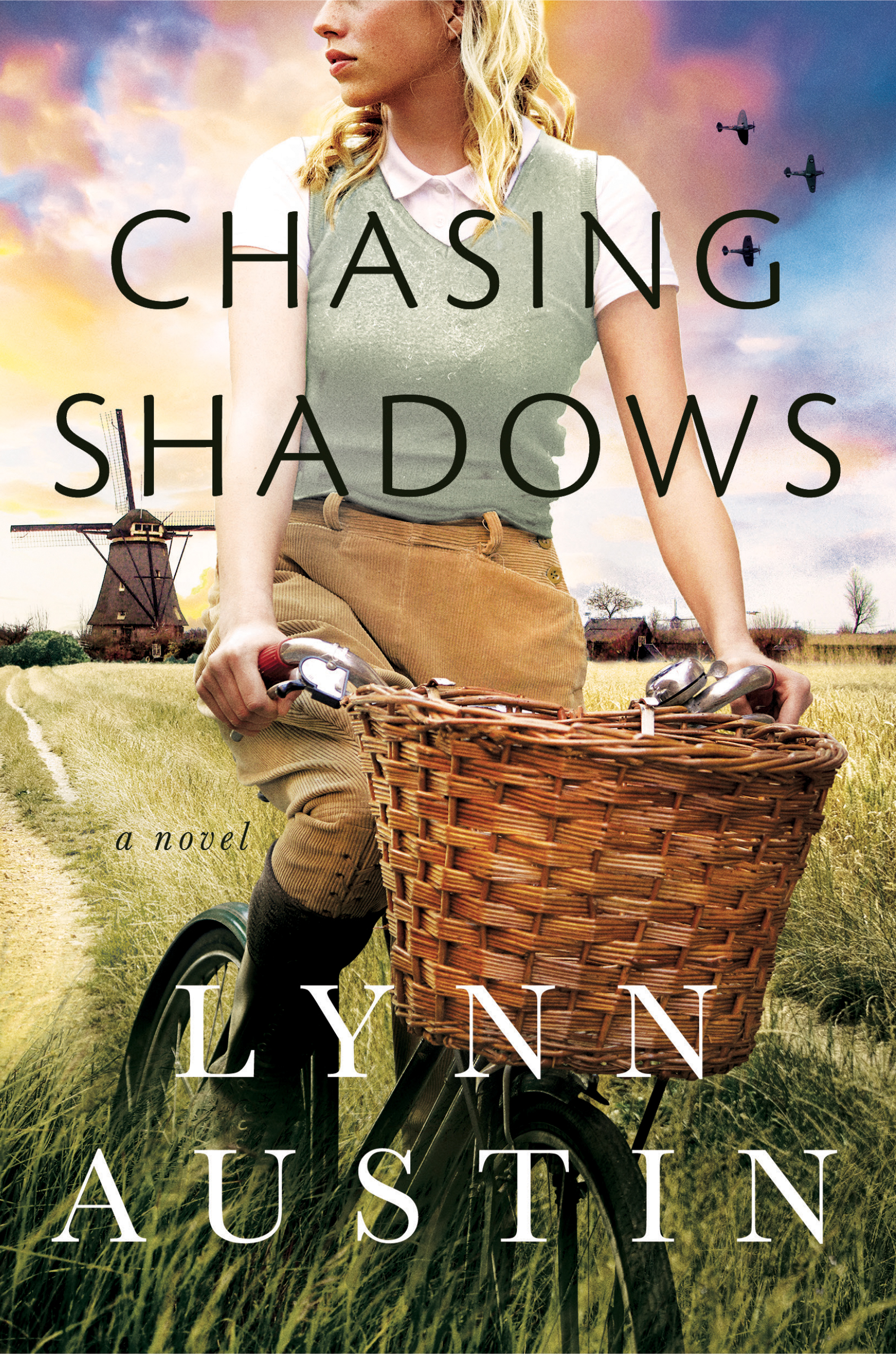“I write historical fiction because I love history, especially the little-known stories of ordinary people.”
Have you always loved books and reading? What about your formative years informed your love for reading and books?
Books have been part of my life for as long as I can remember, beginning with bedtime stories when I was a child. My mother was the town librarian in the village where I grew up, so it’s not an exaggeration to say I was raised in a library. Over the years, I helped with everything from processing books to reading aloud for story hour, and I developed a deep appreciation for all sorts of books. In addition, my grandmother was a natural-born storyteller whose tales kept my sisters and me spellbound for hours on warm summer evenings.
How did you become a writer?
I loved to read, but after a while it seemed like so many well-written books offered very little hope. Too many themes seemed to be “Life is hard and then you die.” I agree that life is hard—but God is good! So I sat down one day thirty-five years ago (I was a stay-at-home mom with a new baby at the time) and decided to write the kind of book I enjoyed reading—one that makes me laugh, makes me cry, and helps me learn something about myself and my life. I knew nothing about getting published (that would come later), but I quickly discovered how much I enjoyed writing. Eventually God brought a wonderful Christian author into my life who asked me to join her writers’ critique group, where I learned the basics of writing and publishing. As the years passed, I struggled to figure out if God was calling me to be a writer. I decided to persevere, and eleven years after I first sat down to write, my first novel was published.
What made you want to write historical fiction? What about that genre do you enjoy?
I write historical fiction because I love history, especially the little-known stories of ordinary people. For me, reading about the past and how people like me lived lives of courage in difficult times helps me live a life of faith and grace with God’s help. When we travel back in history through novels, I think it’s easier to see how God used tragic events as part of His redemption story. And that gives us faith to believe that He is still working now and that our lives can play a part in His story today.
What motivated you to write a story line about three women in the Netherlands and the challenges they faced due to the Nazi invasion in WWII?
My inspiration was the book The Hiding Place by Corrie ten Boom. I read this book years ago and it had a profound effect on my Christian walk. Corrie’s family had a deep faith and love for Christ, which led them to hide Jews in their home, at great personal risk, after the Nazis invaded their country. Corrie’s testimony of faith and of God’s faithfulness in spite of all that she endured in a concentration camp made me long for a relationship with God like hers. In another inspiring autobiography, Things We Couldn’t Say, author Diet Eman tells how she and her fiancé worked for the underground in the Netherlands during this same time period, propelled by their Christian faith. Christians in the Netherlands suffered a great deal during WWII, yet accomplished brave, heroic deeds in Christ’s name. I wanted to honor them by telling their story.
Please tell us a bit about the setting of your novel. What prompted you to write about the Netherlands?
Chasing Shadows takes place in the Netherlands during World War II, primarily in and around the city of Leiden. All of my books have been translated and published in Dutch, and my publisher has kindly invited me on book tours in the past to meet my readers in the Netherlands. I fell in love with that beautiful little country and wanted to write about it. I got to know it even better when our son Benjamin lived there for four years while earning his PhD from the University of Leiden. Also, my husband’s maternal grandfather immigrated from the Netherlands, so that added to my interest in learning the country’s history.

Photo credit: Vishwas Katti (thekattingedge)
Please tell us about your main characters in Chasing Shadows and what specific challenges each one of them faces.
Lena de Vries is a wife and mother who loves her life on a farm in the country outside of Leiden. But after the Nazi invasion, her Christian faith compels her and her husband, Pieter, to fight against the Nazis’ evil, putting her and her family at great risk. Lena’s daughter Ans de Vries is unhappy with her life on the farm and with her parents’ Christian faith. She takes a job in Leiden as a companion to Eloise Huizenga, who struggles with depression. When the Netherlands is invaded, Ans will need to find strength and renewed faith in order to keep Eloise and herself from despair, while walking the dangerous path of opposing the Nazis. Miriam Jacobs is a Jewish woman who flees from Germany to the Netherlands with her father to escape persecution. After falling in love with Avi Leopold in a refugee camp, she and her new husband and child will need to go into hiding in order to survive, with help from Lena and Ans.
Who was your favorite character to write and why?
I think I related to Lena the most because she is a wife and mother of three children, including an adult daughter. She had to make many difficult choices during the war and needed to consider not only her own safety and survival, but her family’s as well. She was forced to lean on God and to trust Him in impossible circumstances—something many wives and mothers must often do. And she had to learn the hardest lesson of all—not to hate, but to love our enemies as Jesus taught us to do.
What lessons can be learned from your main characters?
All three women found themselves plunged into impossible circumstances that they never could have foreseen. Not only were their lives turned upside down overnight, they lived in daily suspense, never knowing what would happen next, how long the war would last, or if their lives would ever return to normal. One lesson I learned while writing this book was not to take my life for granted in the good years. And not to take my relationship with God for granted when things are going well, either. We never know when or how life could change, so the faith that gets us through the hard times must be cultivated and nourished in the good times. We’ll never know how strong we are, how strong our faith is, or how faithful God is until we endure hardship.
How much research did you have to do on the WWII period in the Netherlands?
I was able to find timelines and history books that detailed the history of this era online and in the library. And I traveled to the Netherlands to do research on-site and in museums, taking lots of photographs and notes. Visiting the Westerbork concentration camp was an especially moving experience. But my favorite resources were the true stories of men and women who lived through this time period. Because I live in a community with a large Dutch immigrant population, I was able to interview people and read their memoirs and combine many of their firsthand stories into this novel. I asked my Dutch readers to send me their stories as well. Those true stories brought the story to life more than any history book ever could.
What is your hope for Chasing Shadows? How do you hope this story resonates with your readers?
We’ve all been “at war” with the COVID-19 virus this past year, and the fear and uncertainty and isolation we’ve experienced has many parallels with an enemy invasion like the one my characters endure in this novel. It’s my hope that Chasing Shadows will lead readers to take a closer look at their own faith, just as I did after first reading The Hiding Place years ago. I remember wanting a faith like Corrie ten Boom and her family had, one that would sustain me through unforeseen trials and hardships. I pray that this novel will inspire readers to pursue a closer walk with God and a commitment to serve in His Kingdom with whatever gifts He has given them.
Featured image photo credit: Yusuf Evli
You might be interested in
Chasing Shadows by Lynn Austin
For fans of bestselling WWII fiction comes a powerful novel from Lynn Austin about three women whose lives are instantly changed when the Nazis invade the neutral Netherlands, forcing each into a complicated dance of choice and consequence.
Lena is a wife and mother who farms alongside her husband in the tranquil countryside. Her faith has always been her compass, but can she remain steadfast when the questions grow increasingly complex and the answers could mean the difference between life and death?
Lena’s daughter Ans has recently moved to the bustling city of Leiden, filled with romantic notions of a new job and a young Dutch police officer. But when she is drawn into Resistance work, her idealism collides with the dangerous reality that comes with fighting the enemy.
Miriam is a young Jewish violinist who immigrated for the safety she thought Holland would offer.
She finds love in her new country, but as her family settles in Leiden, the events that follow will test them in ways she could never have imagined.
The Nazi invasion propels these women onto paths that cross in unexpected, sometimes-heartbreaking ways. Yet the story that unfolds illuminates the surprising endurance of the human spirit and the power of faith and love to carry us through.
About the Author
Lynn Austin has sold more than one and a half million copies of her books worldwide. A former teacher who now writes and speaks full-time, she has won eight Christy Awards for her historical fiction and was one of the first inductees into the Christy Award Hall of Fame. One of her novels, Hidden Places, was made into a Hallmark Channel Original Movie. Lynn and her husband have three grown children and make their home in western Michigan. Visit her online at lynnaustin.org.





